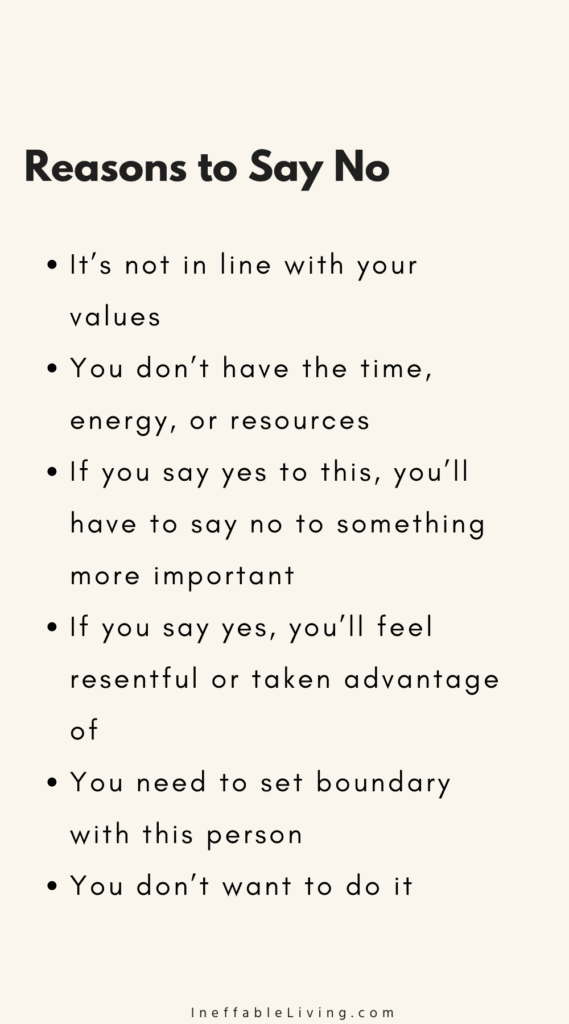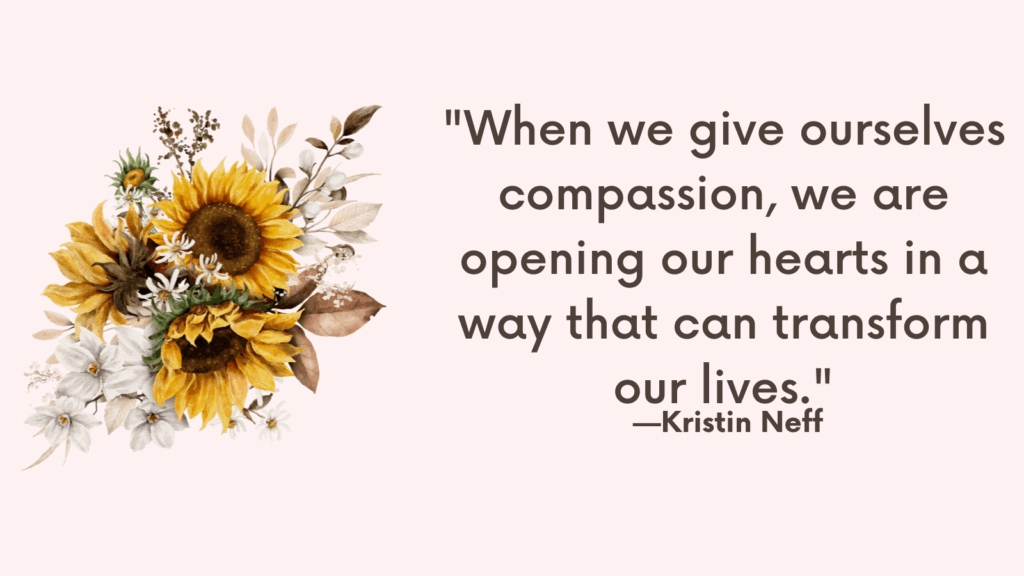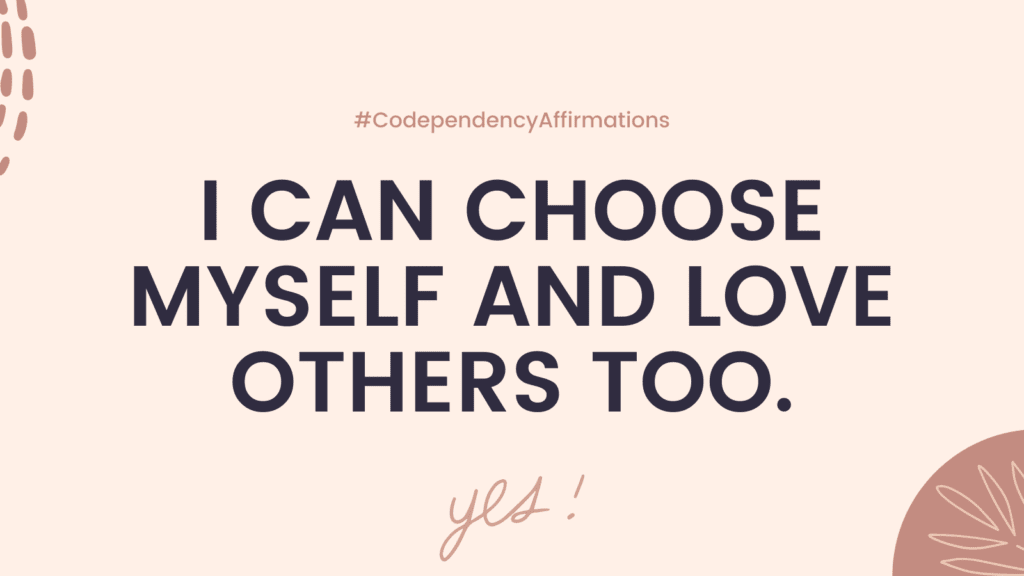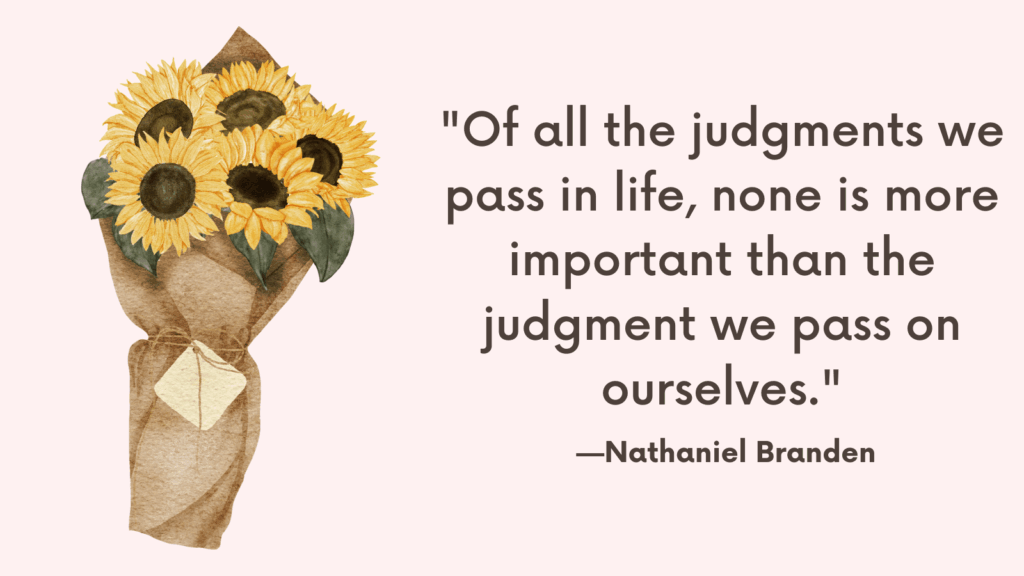Today, you’re going to learn all about codependency vs enmeshment.
What Is Enmeshment?
Enmeshment describes a relationship between two or more people in which boundaries are blurred and permeable.
In an enmeshed relationship, the people are unable to separate their emotional experience. For example, when the daughter gets depressed, the mother, in turn gets depressed.
Enmeshment also includes over involvement in each other’s lives in a way that makes both people dependent on each other.
This may prevent a child from becoming developmentally independent and responsible for their choices.
What Is Codependency?
Codependency is a type of dependence. And the more you depend on those closest to you, the more you lose yourself in the relationship and become vulnerable you become to being rejected or criticized.
You may feel uncomfortable being yourself and you may attempt to indirectly control people to be liked and maintain a relationship, through caretaking, controlling behaviors, etc.
This dependence can rob you of peace of mind and negatively affect your relationship with yourself and others, including giving and receiving love and the ability to communicate effectively.
The Codependent’s False Self
Childhood shame and trauma can cause individuals to believe that to be acceptable to others and to themselves, they need to hide who they are and become who they’re not.
As a result, they would conceal their real self and instead develop a persona that conforms to what they believe people want or to their imagined ideal of who they believe they should be.
When you can’t connect to your Self, it becomes difficult to identify your own feelings, make decisions and set healthy emotional boundaries with yourself and others.
This leads to enmeshment.
Codependency vs Enmeshment
Because of their lack of healthy sense of self, codependency often find themselves in enmeshed relationships.
But you can be in an enmeshed relationship without being codependent.
9 Signs You May Be In An Enmeshed Relationship
Here are a few signs that you may be struggling in an enmeshed relationship:
- You are doing more than your share of work to earn approval.
- You are giving others control over your own life.
- You are other-dependent emotionally. Your happiness always depends on the relationship.
- You find yourself confusing your emotions with those of others. you’re unable to feel “up” when your loved one is feeling “down.”
- You feel guilty and selfish when prioritizing yourself and meeting your personal needs in place of those of others’.
- You choose to conform to others’ wishes and desires, instead of creating your own choices.
- When in conflict, you feel obliged to take on the blame and fix things immediately.
- An unclear identity or sense of self outside of your close relationships.
- Inability to enjoy spending quality time alone.
Related: How To Get Over A Trauma Bond? Top 10 Signs Of Trauma Bonding & How To Heal A Trauma Bond
Codependency And Enmeshment
All relationships require boundaries.
They’re what make relationships safe and healthy.
However, codependents often struggle with boundary-setting and enmeshment and end up tolerating poor treatment.
Related: How To Stop Love Addiction? Top 5 Proven Steps to Overcome Love Addiction

Codependent Relationship vs. Healthy Relationship
Codependent Relationship
Even though the couple in a codependent relationship may look physically and financially independent, in reality, they are both emotionally dependent and insecure.
Power struggles replace equality and respect.
One person is doing more than share of work and then feeling anxious and resentful for doing so.
The codependent person may try to control the other directly or indirectly in order to get their needs met.
Both people fear intimacy and separateness and go to great lengths to avoid them.
Healthy Relationship
In healthy relationships, both people want to spend time together and over time, their lives become intertwined.
They depend and need each other, but are contributing equally and each is still responsible for their own life as well as contributing to the relationship.
They don’t fear intimacy or separateness.
What’s Next? How to Heal Codependency and Savior Complex? Top 12 Strategies to Overcome Codependency For Good

How to Break Free From Enmeshment?
Breaking free from enmeshment can be challenging but essential for your personal growth and well-being.
Here are some suggestions to help you in this process:
1. Develop self-awareness
Take time to reflect on your own needs, desires, and emotions.
Understand the patterns of enmeshment in your relationships and how they may be impacting your sense of self.
Increasing self-awareness is a crucial step towards breaking free from enmeshment.
2. Establish healthy boundaries
Learn to set clear and firm boundaries with others.
Identify your limits and communicate them assertively.
It’s essential to differentiate between your own feelings and those of others, allowing yourself to experience your emotions without being overwhelmed by the emotions of others.
Related: Top 10 Books About Setting Boundaries
3. Cultivate autonomy
Focus on developing your own identity and sense of self.
Engage in activities that bring you joy and fulfillment, separate from the expectations and desires of others.
This includes pursuing hobbies, interests, and aspirations that align with your true self.
4. Seek support
Consider engaging in therapy or counseling to gain insight, guidance, and tools for navigating the process of disentangling from enmeshment.
A therapist can provide a safe and non-judgmental space to explore and address your experiences and emotions.
5. Practice self-care
Prioritize self-care activities that promote your well-being, including regular exercise, adequate sleep, healthy eating, and engaging in activities that reduce stress.
Taking care of yourself helps build resilience and strengthens your ability to establish healthy boundaries.
Related: Healthy Boundaries Quiz (+Free Pdf Worksheets)

Conclusion
Breaking free from enmeshment is a gradual process.
Be patient with yourself, practice self-compassion, and celebrate small steps forward.
It may also be helpful to remind yourself that establishing healthier boundaries benefits both you and your relationships in the long run.
References
- Portions of this article were adapted from the book Codependency For Dummies, © 2012 by Darlene Lancer. All rights reserved.
- The Lived Experience of Codependency: an Interpretative Phenomenological Analysis | SpringerLink
- Codependency: An Empirical Study from a Systemic Perspective | SpringerLink
- Living with Addicted Men and Codependency: The Moderating Effect of Personality Traits – PMC (nih.gov)
- Measuring codependents’ close relationships: a preliminary study – PubMed (nih.gov)
- Co-Dependency | Mental Health America (mhanational.org)
- Codependency: What Are The Signs & How To Overcome It (positivepsychology.com)
- Codependent relationships: Symptoms, warning signs, and behavior (medicalnewstoday.com)
- Codependency of the Members of a Family of an Alcohol Addict – ScienceDirect



